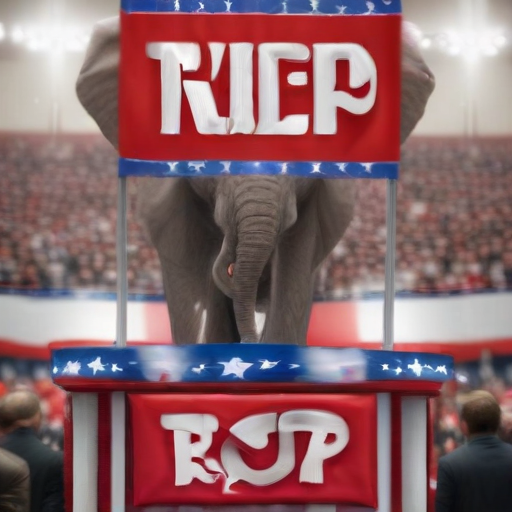President-elect Donald Trump has indicated a desire to prosecute political opponents, and recent developments suggest a potential effort to target former Republican Rep. Liz Cheney. On Tuesday, House Republicans published a report recommending that the FBI investigate Cheney for her involvement in the January 6, 2021, Capitol probe. This report, presented by Rep. Barry Loudermilk, claims Cheney may have violated federal laws while collaborating with former Trump aide Cassidy Hutchinson, whose testimony was pivotal to the investigation.
Following the report, Trump took to social media, stating Cheney “could be in a lot of trouble.” This claim takes on added significance given his appointment of loyalist Kash Patel to lead the FBI, a figure known for his aggressive stance against perceived adversaries.
The report has sparked discussions on the politicization of the judicial system, echoing sentiments from several Trump loyalists who allege a bias against conservatives. Former attorney general candidate Pam Bondi has openly suggested that those prosecuting Trump should themselves face consequences, highlighting the growing tension within the party regarding justice and accountability.
Cheney, who has become a central figure in the discourse surrounding January 6 after losing her seat to a Trump-supported candidate in 2022, unequivocally defended her work. She criticized Loudermilk’s report as a deceptive rewriting of history that fails to acknowledge the true nature of the Capitol attack.
The report has elicited mixed reactions from fellow Republicans. While some express concerns over the ramifications of pursuing Cheney, others are apprehensive about being targeted themselves should they oppose Trump’s direction. This internal conflict within the party signals broader unease about the implications of heightened political retribution.
Despite the turmoil, many lawmakers recognize the constitutional protections that shield congressional members from criminal investigations related to legislative work. House Judiciary Chair Jim Jordan acknowledged that any decision regarding Cheney’s prosecution would ultimately rest with the new Justice Department.
This unfolding situation illustrates the fraught nature of current political dynamics, with calls for investigations against both Cheney and members of the Biden administration looming as tensions rise.
In summary, as the GOP grapples with its internal divisions, the controversy surrounding Liz Cheney underscores a pivotal moment for the party’s future, navigating between accountability and political loyalty. The hope lies in the ability of elected officials to prioritize the integrity of democratic processes over partisanship, fostering a healthier political environment moving forward.
